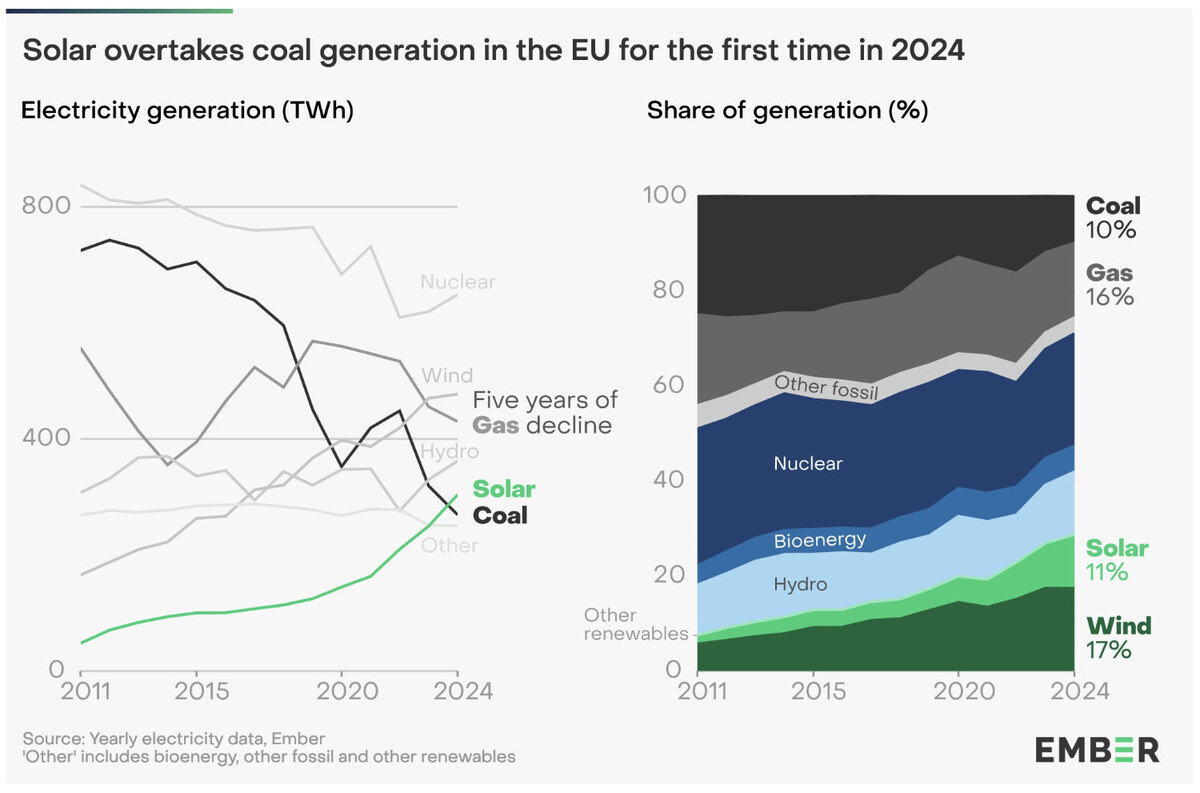KABUL: Tourists wounded in an attack in Afghanistan which left three Spaniards and three Afghans dead were in a stable condition, a hospital said Saturday, as a survivor described the horror of the shooting in an open market.
The group was fired on while shopping in the bazaar in the mountainous city of Bamiyan, around 180 kilometers (110 miles) from the capital Kabul, on Friday.
French tourist Anne-France Brill, one of the dozen foreign travelers on an organized tour, said a gunman on foot approached the group’s vehicles and opened fire.
“There was blood everywhere,” the 55-year-old told AFP from Dubai, where she landed Saturday after being evacuated from Kabul with two Americans.
“One thing is certain,” she said, the assailant “was there for the foreigners.”
Brill, who works in marketing and lives near Paris, said she helped collect the bloodied belongings of her wounded fellow travelers before a Taliban escort brought them to the capital, where they were taken in by a European Union delegation.
The attack is believed to be the first deadly assault on foreign tourists since the Taliban returned to power in 2021 in a country where few nations have a diplomatic presence.
The bodies of those killed were transported to Kabul overnight Friday, along with the wounded and survivors, after bad weather made an airlift impossible.
Italian NGO Emergency, which operates a hospital in Kabul, received the injured who it said were from Spain, Lithuania, Norway, Australia and Afghanistan.
“The wounded people arrived at our hospital at 3:00 am (2230 GMT Friday) this morning, about 10 hours after the incident took place,” said Dejan Panic, Emergency’s country director in Afghanistan, in a statement.
“The Afghan national was the most critically injured, but all patients are now stable,” he added.
Spain’s government on Friday announced that three of the dead were Spanish tourists.
Its foreign ministry said one of the wounded was also a Spanish woman, who had been seriously injured and underwent surgery in Kabul.
The dead included three Afghans — two civilians and a Taliban member, the government’s interior ministry spokesman Abdul Mateen Qani said.
Local officials said the civilians were working with the tour group, while the Taliban security official had returned fire when the shooting broke out.
“Overwhelmed by the news of the murder of Spanish tourists in Afghanistan,” Prime Minister Pedro Sanchez posted on social media platform X.
The bodies of the dead would likely be brought back to Spain on Sunday, the country’s foreign minister Jose Manuel Albares said on Spanish public television TVE.
Spanish diplomats were headed to Afghanistan from Pakistan and Qatar, where the Spanish ambassador to the country is currently based.
The Spanish embassy was evacuated in 2021, along with other Western missions, after the Taliban took back control of Kabul, ending a bloody decades-long insurgency against foreign forces.
Spanish authorities have also been coordinating with a European Union delegation in the capital.
Interior ministry spokesman Qani said seven suspects had been arrested, “of which one is wounded.”
“The investigation is still going on and the Islamic Emirate is seriously looking into the matter,” he added.
There has not yet been a claim of responsibility.
The EU condemned the attack “in the strongest terms.”
The United Nations mission in Afghanistan, UNAMA, said it was “deeply shocked and appalled by the deadly terrorist attack” in Bamiyan, adding it had provided assistance after the incident.
The Taliban government has yet to be officially recognized by any foreign government.
It has, however, supported a fledgling tourism sector, with more than 5,000 foreign tourists visiting Afghanistan in 2023, according to official figures.
Western nations advise against all travel to the country, warning of kidnap and attack risks.
Alongside security concerns, the country has limited road infrastructure and a dilapidated health service.
Multiple foreign tourism companies offer guided package tours to Afghanistan, often including visits to highlights in cities such as Herat, Mazar-i-Sharif and Bamiyan.
Bamiyan is Afghanistan’s top tourist destination, once home to the giant Buddha statues that were blown up by the Taliban in 2001 during their previous rule.
The number of bombings and suicide attacks in Afghanistan has fallen dramatically since the Taliban authorities took power, and deadly attacks on foreigners are rare.
However, a number of armed groups, including the Daesh group, remain a threat.
The jihadist group has waged a campaign of attacks on foreign interests in a bid to weaken the Taliban government, targeting the Pakistani and Russian embassies as well as Chinese businessmen.





























